Lost in Play
Share
Quality play is when a child is engaged, engrossed and following their interests. This means they are able to completely lose themselves in their imagination and ignore any distractions around them. However, children need to be taught how to play, how to use their toys and how to use their surroundings.
For example, if you set up a shop for your child to play with, would they know what to do? Have they been in a shop, stopped and watched what happens? Do they actually know what a shop assistant does? Would they know how to play with the money if they only ever see you paying with cards? It's easy to presume that your child knows all of these things, and no matter how many times they've been wheeled around Aldi to do the weekly shop at the speed of Supermarket Sweep before they kick off, its still worth taking the time to show your child how to play in this situation. By taking the time to sit and show your child how to play, you are making an investment in them and their development.
-
Start by sitting with your child on the floor and play alongside them. Copy them. Do what they do. Don't take over the play, don't lead their play, just play with them. This will show your child that you value play and that you're interested.
-
At this point make sure you manage any distractions, turn the TV off, put your phone out of sight and totally focus on your child and watch what they are doing. This will teach your young child to concentrate.
-
Try to minimise the amount of toys on offer to them. Piles of toys can be overwhelming to young children. Have a selection of toys out that you know interests them. By doing this it your child will learn to make their own decisions.
-
Make sure your child knows where key items are kept around the house. For example, a sweeping brush, the bin, hand towel etc. By doing this it means a child learns to become resourceful and will choose to use those items appropriately without having to break off from their train of thought to ask you. This is also the same for their toys. If they are playing with their trains and want to add a bridge to their play, they will be able to go to the cupboard and add it, therefore enhancing their play rather than breaking their concentration to ask you to look for it.
So next time you set up a shop for your children to play in. Take a few minutes out of your day to take on the role of the shop keeper, show them how to use your voice, the words you use, how to use the till, stock the shelves, help the customers etc. Then swap with your child and take on the role of the customer and show them how you use your shopping list, choose the items and place them in your basket, ask the assistant for help and show your child how you count out the pennies to pay for the shopping. Trust me, you will see the difference next time you watch your child playing in the shop!
By taking the time to teach your child some of these things, your child will develop their understanding of play and eventually they will feel safe to play alone with the reassurance that you are near by and value what they are doing. And you never know, by taking the time to teach your child to play now, you might just earn yourself a few moments to sit back with a cup of tea and watch your child get lost in play!
Happy Playing! Claire x
